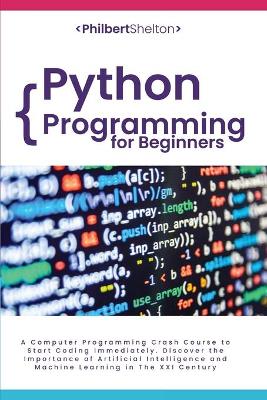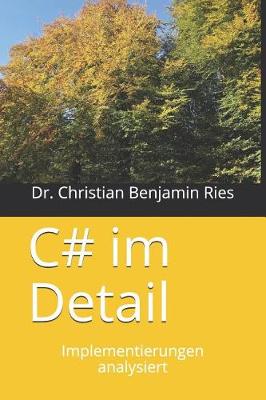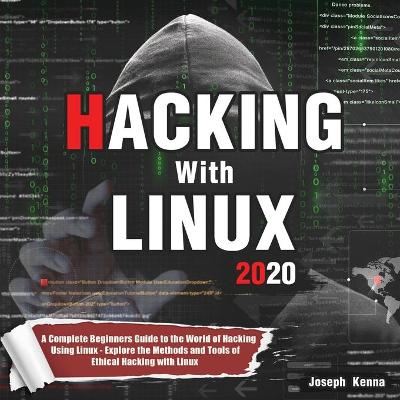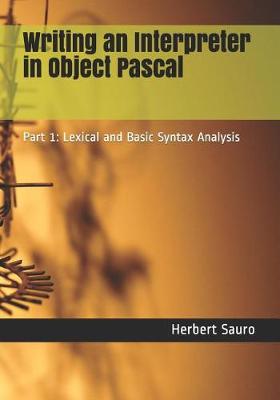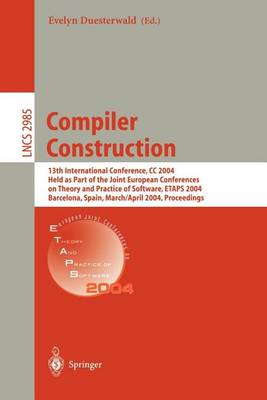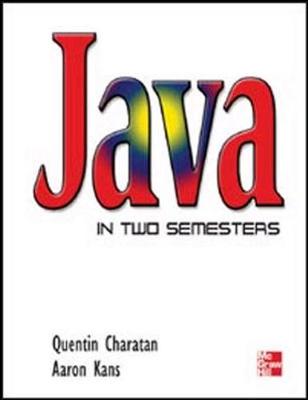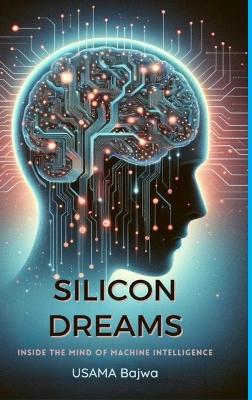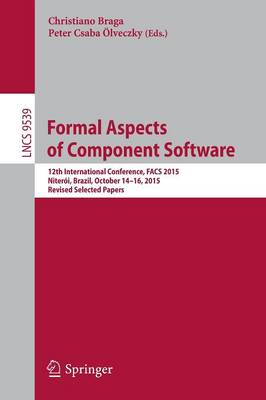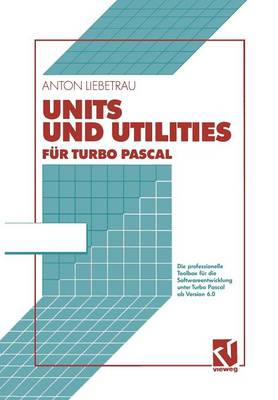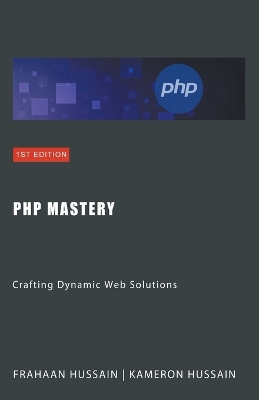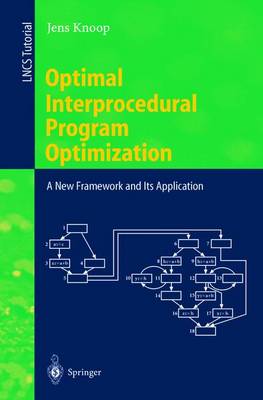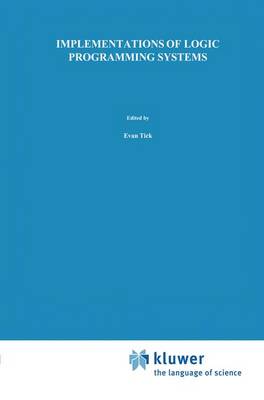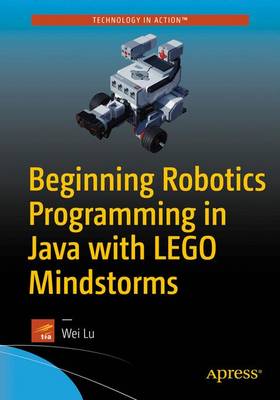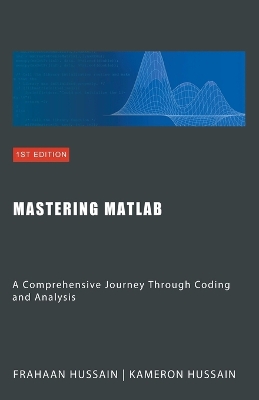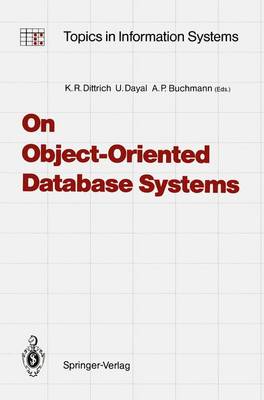Maintaining a balance between a theoretical and practical approach to this important subject, Elements of Compiler Design serves as an introduction to compiler writing for undergraduate students. From a theoretical viewpoint, it introduces rudimental models, such as automata and grammars, that underlie compilation and its essential phases. Based on these models, the author details the concepts, methods, and techniques employed in compiler design in a clear and easy-to-follow way. From a practica...
The proliferation of processors, environments, and constraints on systems has cast compiler technology into a wider variety of settings, changing the compiler and compiler writer's role. No longer is execution speed the sole criterion for judging compiled code. Today, code might be judged on how small it is, how much power it consumes, how well it compresses, or how many page faults it generates. In this evolving environment, the task of building a successful compiler relies upon the compiler wr...
Java in Two Semesters (Texts in Computer Science)
by Quentin Charatan and Aaron Kans
Java in Two Semesters provides a comprehensive treatment of object-oriented programming, covering both introductory material and the advanced material of a second level course. Charatan and Kans focus on more than just programming issues by taking an integrated approach to software development. The book's step by step approach makes the subject very accessible and it is ideal for any student new to Java, as well as for those wishing to expand their knowledge of the language.Part one of the book...
This book constitutes the revised selected papers from the 12th International Conference on Formal Aspects of Component Software, FACS 2015, held in Niterói, Brazil, in October 2015. The 15 full papers and 2 invited papers presented in this volume were carefully reviewed and selected from 33 submissions. They are organized in topical sections, namely quality of service to withstand faults, component-based software development through research on mathematical models for components, compositi...
Dieses Buch eignet sich besonders fUr denjenigen Programmierer, der fUr seine Software-Entwicklungen Turbo Pascal (ab Version 6.0) verwendet und trotz der vielen Standard-Routinen an Grenzen stoBt. Die fUnf in diesem Buch beschriebenen Units enthalten rund 150 neue Routinen und erweitem Turbo Pascal betdichtlich. Es enthill.t Routinen zur Textverarbeitung und Maussteuerung. Besonders nennenswert er- scheint mir die Unit Spell; mit ihr wird es moglich, anhand einer beliebi- gen Anzahl ge6ffneter...
Optimal Interprocedural Program Optimization (Lecture Notes in Computer Science, #1428)
by Jens Knoop
Starting from the intraprocedural basic case, this monograph focuses on interprocedural optimization. It emphasizes the analogies and essential differences between intraprocedural and interprocedural optimization, and offers cookbook style support for constructing the underlying algorithms. It is aimed at compiler constructors and researchers interested in the systematic transfer of intraprocedural optimizations to the interprocedural setting, as well as students seeking a gentle introduction to...
Implementations of Logic Programming Systems
In conjunction with the 1993 International Conference on Logic Programming (ICLP'93), held in Budapest Hungary, two workshops were held concerning the implementations of logic programming systems: Practical Implementations and Sys- tems Experience in Logic Programming Systems, and Concurrent, Distributed, and Parallel Implementations of Logic Programming Systems. This collection presents 16 research papers in the area of the implementation of logic programming systems. The two workshops aimed to...
Discover the difference between making a robot move and making a robot think. Using Mindstorms EV3 and LeJOS—an open source project for Java Mindstorms projects—you’ll learn how to create Artificial Intelligence (AI) for your bot. Your robot will learn how to problem solve, how to plan, and how to communicate. Along the way, you’ll learn about classical AI algorithms for teaching hardware how to think; algorithms that you can then apply to your own robotic inspirations. If you’ve ever wanted to...
On Object-Oriented Database Systems (Topics in Information Systems)
Object-oriented database systems have been approached with mainly two major intentions in mind, namely to better support new application areas including CAD/CAM, office automation, knowledge engineering, and to overcome the `impendance mismatch' between data models and programming languages. This volume gives a comprehensive overwiew of developments in this flourishing area of current database research. Data model and language aspects, interface and database design issues, architectural and impl...

